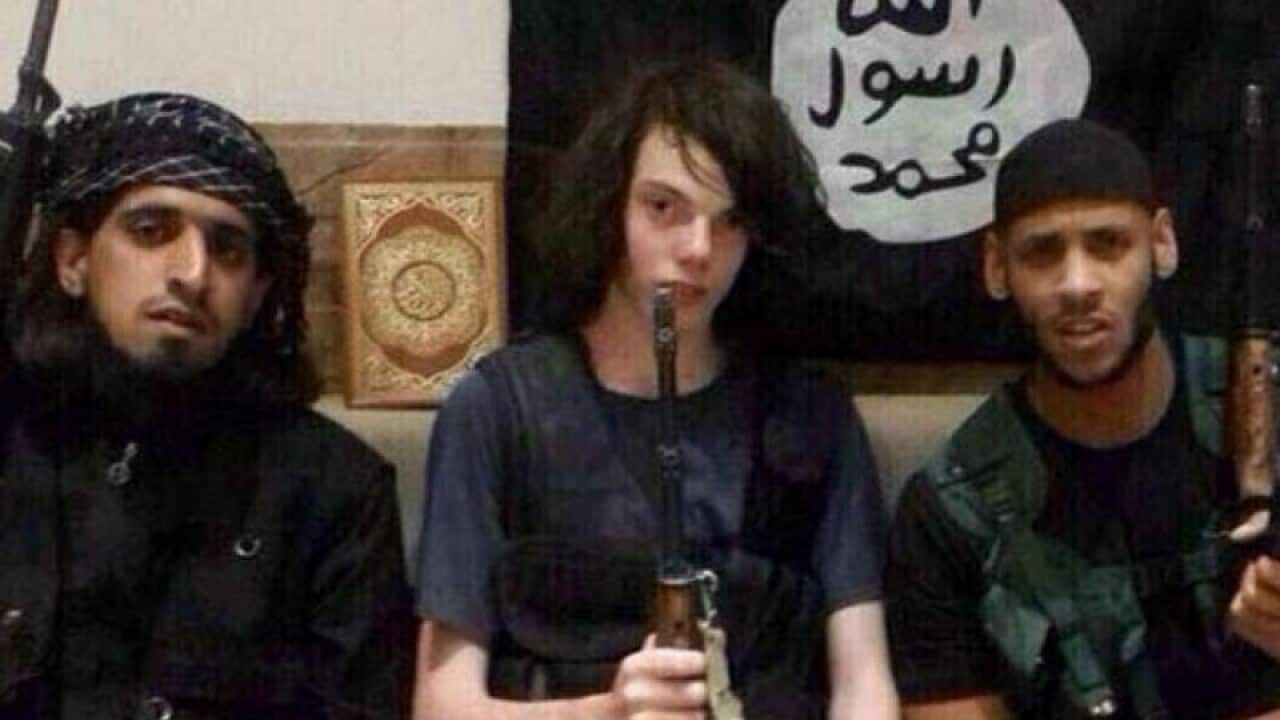Once again, an unexpected, unpredictable and incomprehensible act of violence carried out by a lone, young male of Muslim background has the nation asking: what on earth is going on? That being said, one thing is for certain - the radicalisation of Australian Muslim youths is quite a new phenomenon and one that academics, policy makers, law enforcement agencies and Muslim community leaders are still in the process of trying to fully understand. Factors such as low income, social exclusion, marginalisation and disenfranchisement have long been associated with young people who turn to crime. However, while such factors must not be overlooked, certainly what leads a young person to commit acts of violent extremism is not born out of these factors alone.
related reading

Police call for calm after Sydney police shooting
While many parents initially thought that the internet was the world’s best babysitter, we are now coming to know that it is fraught with danger. Just as the terms cyberbullying, sexting, porn and gaming addiction have now firmly entered our lexicon, parents and teachers must now consider another ugly side-effect of the internet on our youth – radicalisation. Your immediate response might be, "But that only affects young Muslims," however, the case of Jake Bilardi, who was raised as a non-Muslim and attended a Melbourne public school, indicates that this danger is not only restricted to young Muslims. Jake was not radicalised by his family, nor was he radicalised at the local mosque, and he was not exposed to radical ideologies at school. Jake’s ‘teacher’ was the Internet, and together with social isolation, this proved to be a fatal combination.
related reading

Jake Bilardi had 'death wish': father
An interesting commonality between all of the young Australian Muslims that have been linked with recent terrorist activities is that they all attended Australian public schools. As a teacher at an Islamic school I am often asked the question: Why do we need Islamic schools in Australia? To be honest, I do find the question a little confusing as the answer would quite obviously be for the same reasons that other faith-based schools have been established. Faith-based schools offer a holistic approach to schooling that combine the mainstream government curriculum with the addition of religious values, as well as the provision of facilities that enable religious practice such as prayer. Faith-based schools are also well known for their high levels of academic performance, discipline and civic participation. Many faith-based schools, including Islamic schools, also participate in inter-faith dialogue programs that help to facilitate mutual respect and understanding between young people of different faiths. The former Premier and Treasurer of NSW, Morris Iemma stated about Islamic schools: “By their very existence they foster social harmony and understanding.” (AIS NSW booklet, 2005)
Let’s remember, parents are often the last ones to know that their child has been caught in the deadly web of radicalisation.
In addition to the stated benefits of faith-based schools, Islamic schools are able to offer a unique benefit over other schools that may well have been overlooked until now. Islamic schools have been providing young Australian Muslims with the proper, non-extremist, non-violent teachings of Islam for over 30 years. At Islamic schools Muslim students are taught the pillars of Islam (prayer, fasting, charity and pilgrimage), along with the morals of honesty, patience, kindness, respect for the elderly, respect for parents, the virtues of community service, hard work and much more. When the key influence in a young person’s life is something or someone that they have found on the internet, coupled with the social isolation that can occur in public schools when a young person feels excluded due to their racial or religious background, a dangerous vacuum is created. There is little or no opportunity for this young person to be exposed to a credible counter-narrative that says the solution to your problems is not to join those who preach a narrative of hate and indiscriminate violence – which are not the true teachings of Islam.
related reading

Cameron vows to shut down schools that radicalise youth
The whole world does not hate you, many people perhaps do not understand you, but with patience, effort and good conduct things will change for the better. As the Qur’an states: "And not equal are the good deed and the bad. Repel [evil] by that [deed] which is better; and thereupon the one whom between you and him is enmity [will become] as though he was a devoted friend." [Qur’an 41:34]
Let’s remember, parents are often the last ones to know that their child has been caught in the deadly web of radicalisation. While only 15-20 per cent of Australia’s Muslim student population attend Islamic schools, do not underestimate the important positive role that these institutions play in the struggle against the rising problem of the radicalisation of Muslim youth through the internet.
Toni Pikos-Sallie is a teacher at an Islamic school and a member of a Muslim advisory group in Western Australia.









